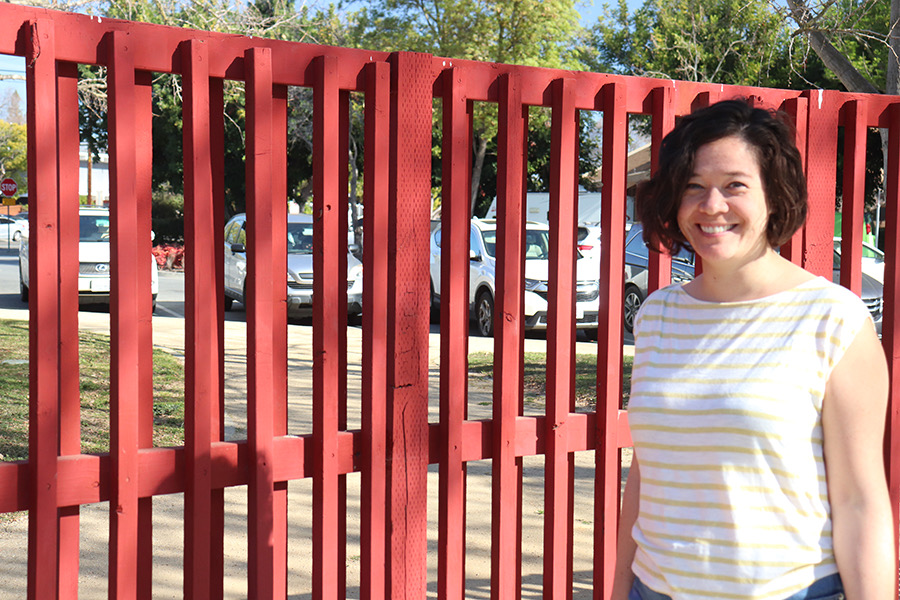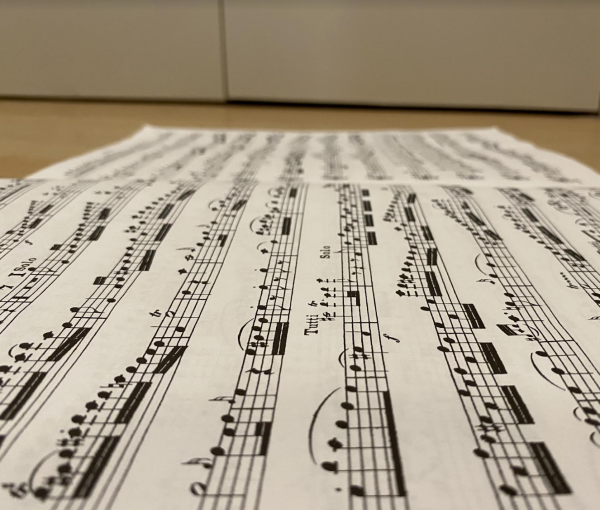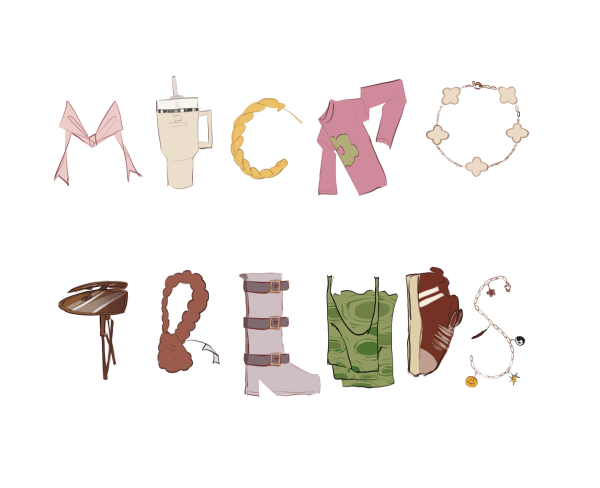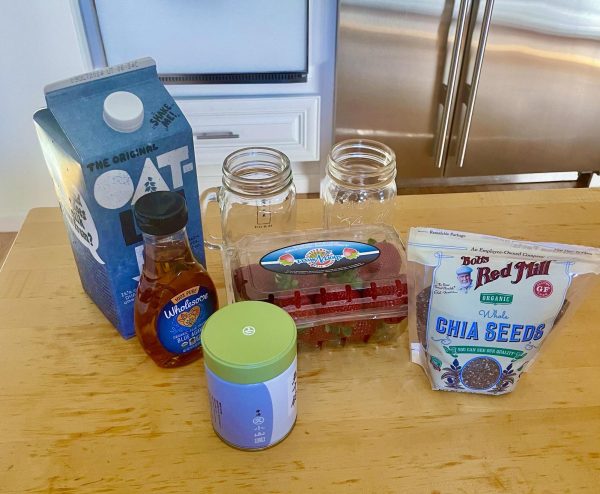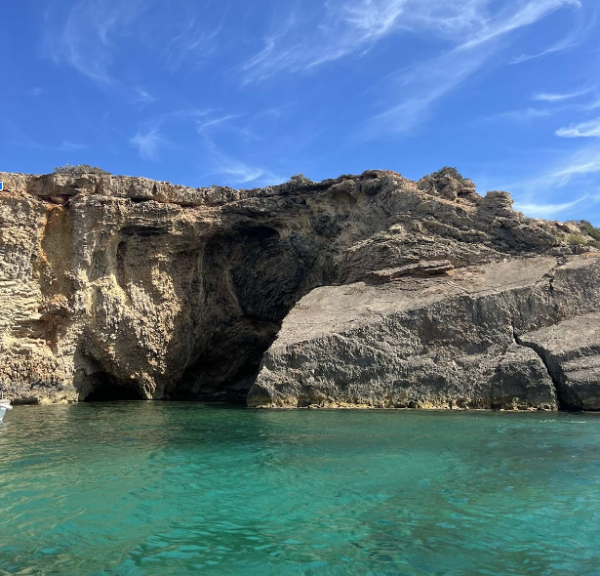Cultivating the Next Generation
Youth Community Service Program Director Ashley Yee-Mazawa uses volunteering to help youth discover their full potential
This article was submitted to the New York Times “Putting Personality on Paper: Our New Profile Contest” contest prior to its publishing.
Growing up, Palo Alto native Ashley Yee-Mazawa learned the importance of getting involved in her community, inspired by her grandmother, who was known for her dedication to volunteering. Community service instilled an interest in Yee-Mazawa, to support her community, seek out justice, and work towards improving the lives of those around her.
Over time, Yee-Mazawa’s passion for volunteering only continued to grow, along with her love of teaching and education. Memorable experiences including a service trip she took visiting schools in seventh grade and coaching little kids at soccer, as a highschooler, highlighted to Yee-Mazawa the overlap between her interests.
So, she continued to follow her passions and today, she is the Program Director at Youth Community Service, where she works on countless projects to better the Palo Alto community and uplift young people to accomplish what they’re passionate about.
Q. Seeing how you’ve been a supporter of youth empowerment for more than 10 years, what do you think is the importance of working with younger generations?
A. My reasons for doing this work are selfish. I do it because I just enjoy it. I like working with young people and creating relationships where I’m not telling them what to do, but instead, giving them opportunities, asking them questions, and letting them go in the direction they want to go. Because I had such a formative experience in seventh-grade, where people weren’t afraid to tell us about structures of government and how that creates inequity, talking to 12 year olds in an age appropriate way, but also talking to us like we are adults—It makes me want to provide that space for young people too so that they can see different possibilities and ways they can change their community.
What made interacting with young people through community service more preferable to you, than teaching them in a classroom setting?
I think what teachers do is so valuable, but sometimes, working as a teacher can be very politicized as in, union negotiations with a school district. There are also lots of discussions about what kind of curriculum needs to be in classrooms or what books youth should be reading. While those are really critical conversations, I really value our space in YCS, as it supports that conversation, but outside of it. So, we’re a little bit more flexible in what types of projects we take on because our objectives aren’t being able to write an essay that will pass in college. While those are good objectives to have, they aren’t ours. Our objectives are to help youth find themselves and help us build a positive community in a positive space.
In your opinion, why is community service so important, and what efforts are you making to get more youth involved in it?
In service learning, there are just so many different positive outcomes. Like I said, the connectedness, building your community, making a change in it. But also, having resilience in yourself and then realizing, “Oh, actually that is possible, and maybe, I should put myself in more of those new situations.” That can come out of community service as well. It can also build job skills. When I first graduated from college, I had very little work experience, but I had a ton of volunteer experience, and I could put all of those experiences on my resume. It’s also great for people to explore and learn what they like. A great example is working in a preschool. So many people always want to go to preschool and then realize they don’t have the energy for it. It’s important to know yourself before you go in, but also to try to push yourself.
How would you say youth-centered community service has evolved?
It’s hard to say, but I can speak for myself and say at YCS we’re going deeper into providing spaces for youth to explore service at different levels. So, there are options like service day which is a single-day interaction, to more in-depth, long projects. It’s really important to provide room for people to engage at whatever level they’re most comfortable with.
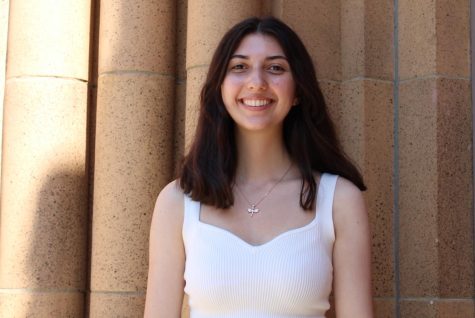
2021-2022 - Staff Writer
2022-2023 - Editor-In-Chief
I joined C Mag because I like the magazine's focus on design and feature stories. My favorite...


